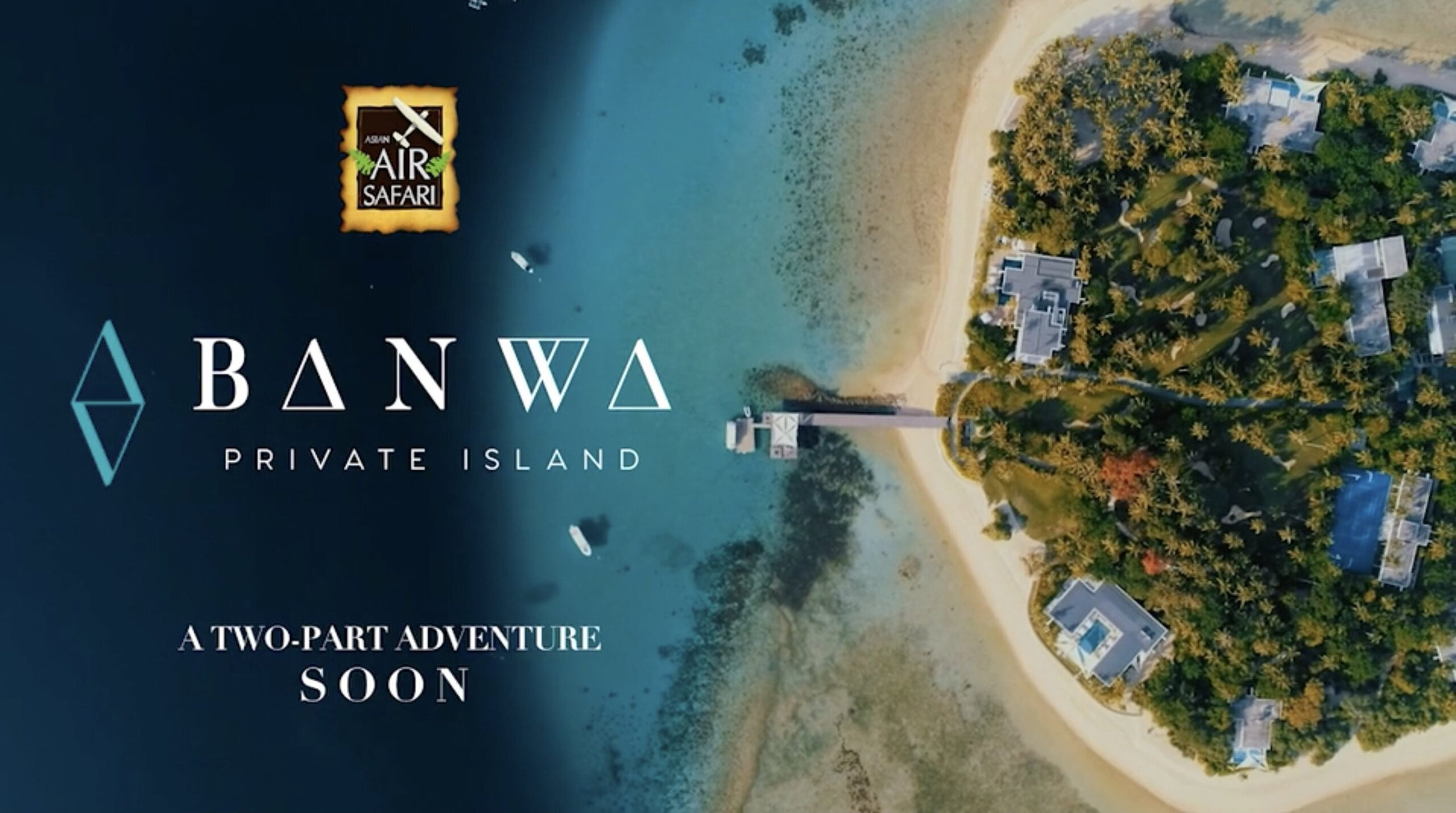Cebu water security forum tackles government bureaucracy issues
While the government remains a favorite target for the public to blame for the many deep-rooted problems such as red tape, inefficiency, and corruption, one needs to take a closer look at the root causes in order to better handle such negative practices.
With this in mind, one needs to have the right attitude and a different mindset in order to solve majority of government problems that have long plagued the bureaucracy for the past several decades and administrations.
This means that one cannot use the same mindset to solve problems that created these problems in the first place. One needs to see things in a different perspective, adopt a more proactive stand, and approach the problem with public interest in mind in order to handle the situation properly.
Status quo and privatization
According to Joel Mari Yu, chair of the Metro Cebu Water District (MCWD), one also needs to interact better with the different government agencies to make for better coordination and awareness of the issue at hand among the employees concerned.
He hinted that the more the government employees know about the issue, the bigger and better the involvement of the offices concerned, and not just a few people in a certain office division.
Another issue of the government is that they are always prone to maintain the status quo and remain hesitant to change due to decades-old habits that have permeated throughout its line agencies nationwide.
“Take note that the government is scared of privatization. There will always be strong resistance whenever the word privatization is mentioned,” Yu declared in a Cebu Water Challenge Forum held in a posh hotel.
He vowed to fully privatize the MCWD in order to maximize efficiency, cope with rigid water demand, and cut down on red tape since there remain too many requirements for the agency to expand its operations.
Other issues
Aside from these, there also exist other problems such as flooding during rainy season, drought during the dry season, polluted water from various sources, under-utilized surface water, and others.
There is also the inability of the coastal aquifer in MCWD to supply the requirements of its population due to over-pumping which results in saline intrusion, nitrate contamination, and water depletion.
Yu pointed out several strategies that may cut down on such problems. These are reliance on Public-Private Partnerships (PPP) for additional water supply that will facilitate rehabilitation of two dams, bid out desalinated water, and explore barged water.
“There are also programs in place to expand the distribution system by an additional 100 kilometers of pipeline by 2020. We may also rely on PPP for the provision of storage facilities by building a business model for usage of the private sector,” Yu added.
The forum highlighted the theme “Innovative Solutions to Promote Water Security in Cebu.” Organizing bodies are the European Union, European Chamber of the Philippines, and the EU-Philippine Business Network.
By RICHARD RAMOS

Mindset shift key in amending gov’t problems
Published on July 3, 2017
This post was last updated on March 26th, 2020 at 02:51 pm









